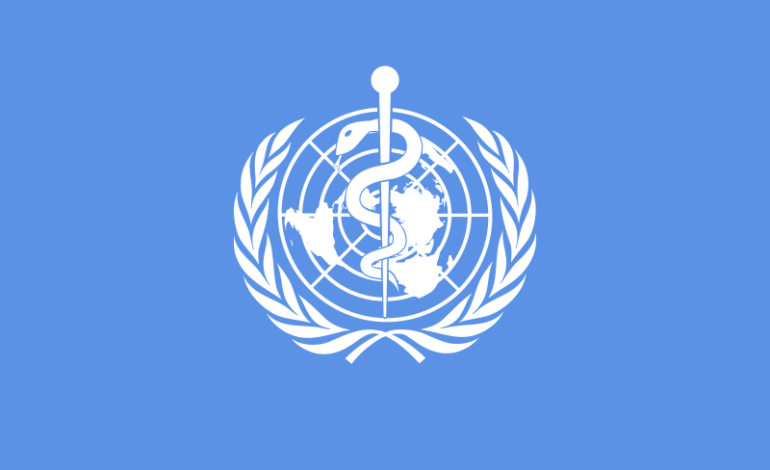

The World Health Organization has decided to officially add “gaming disorder” to its list of recognized illnesses. 194 members voted unanimously today at the 72nd World Health Assembly.
The WHO agreed to adopt the element revision of the International Statistical Classification of Diseases and Related Health Problems, also compactly known as the ICD-11. This version classifies gaming disorder as a recognized illness, and as the WHO defines it as follows:
“A pattern of persistent or recurrent gaming behavior (‘digital gaming’ or ‘video-gaming’), which may be online (i.e., over the internet) or offline, manifested by:
- Impaired control over gaming (e.g., onset, frequency, intensity, duration, termination, context);
- Increasing priority given to gaming to the extent that gaming takes precedence over other life interests and daily activities; and
- Continuation or escalation of gaming despite the occurrence of negative consequences. The behavior pattern is of sufficient severity to result in significant impairment in personal, family, social, educational, occupational or other important areas of functioning.”
The WHO first announced their intention to add gaming disorder to the ISD-11 in the summer of 2018, despite several medical experts opposing the classification. The Entertainment Software Association was one of several organizations that spoke out against the inclusion of gaming disorder in the ISD-11, and the ESA has continued to oppose the results of the today’s vote. The ESA’s 2019 Essential Facts survey paints an overall positive portrait of gamers as a varied demographic with a healthy approach to the hobby.
Speaking with GamesIndustry.biz in February of this year, then Acting President Stanley Pierre-Louis spoke about gaming and its place in our contemporary lives. “We’re in an incredible place as an industry, not just in terms of the enormous economic growth, which is all true, but also on the political, innovation, and creative sides we are continuing to grow in ways that impress policy makers because we are a positive job growth story, an innovation story, international trade story,” he said. “We check every box that every party wants, because we’re doing things in a really sustained and positive way.”
The concern raised by what the WHO is doing, particularly given the lack of scientific evidence and consensus behind their proposal, puts that at risk.
Pierre-Louis also talked during the interview about how the addition of microtransactions and lootboxes in popular games are seen by some to encourage compulsive and addictive behaviors and emphasized the need for parental and individual responsibility. “I’ve got a 12-year-old. If my 12-year-old wants to make a purchase, his settings are different from mine,” Pierre-Louis said. “I can just make a purchase, but he’s got to get an OK from me every single time. So there are ways of employing these controls so with different users they apply different ways and you’re able to control that spending. Loot boxes are like any other means of creating value for a game. It’s another way of creating value in a game and the tools apply equally.”
In anticipation of the WHO’s official acknowledgment of gaming disorder, CEO of Sony Kenichiro Yoshida vowed earlier this week that his corporation will do all it can to help combat negative gaming behaviors. As reported by Japan Times, Yoshida said that Sony “need to take [gaming disorder] seriously and adopt countermeasures.” Yoshida went on to say that Sony has “already implemented a ratings system (to restrict players by age) and have been taking measures based on our own standards.” Sony has seen decades of success from the PlayStation series of consoles and its gaming business generated 27 percent of the group’s overall sales and 35 percent of operating profit for the fiscal year 2018.
The WHO has announced that the new ISD will be put into effect on January 1, 2022. The addition is intended to help prompt health professionals to report cases of “gaming disorder” as well as encourage research into treatment options for people who would potentially benefit from it.
Play games, take surveys and take advantage of special offers to help support mxdwn.
Every dollar helps keep the content you love coming every single day.

